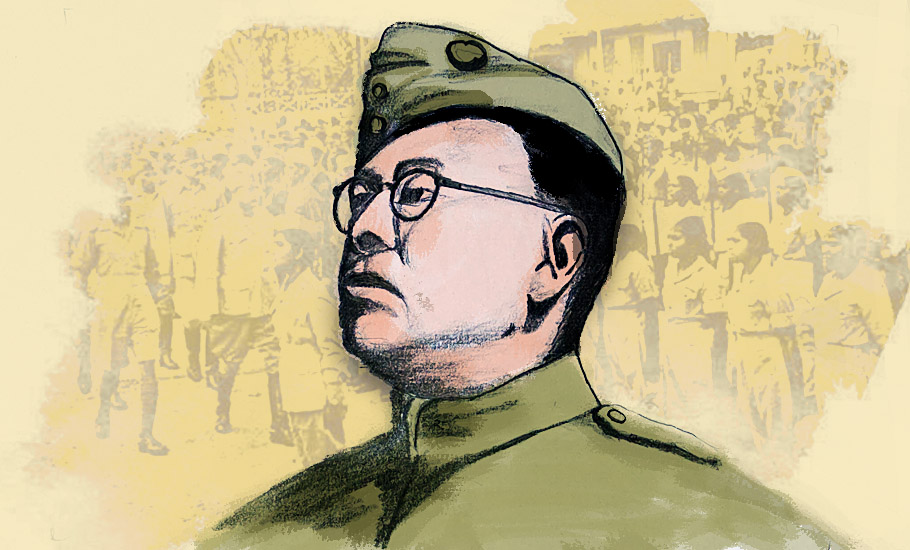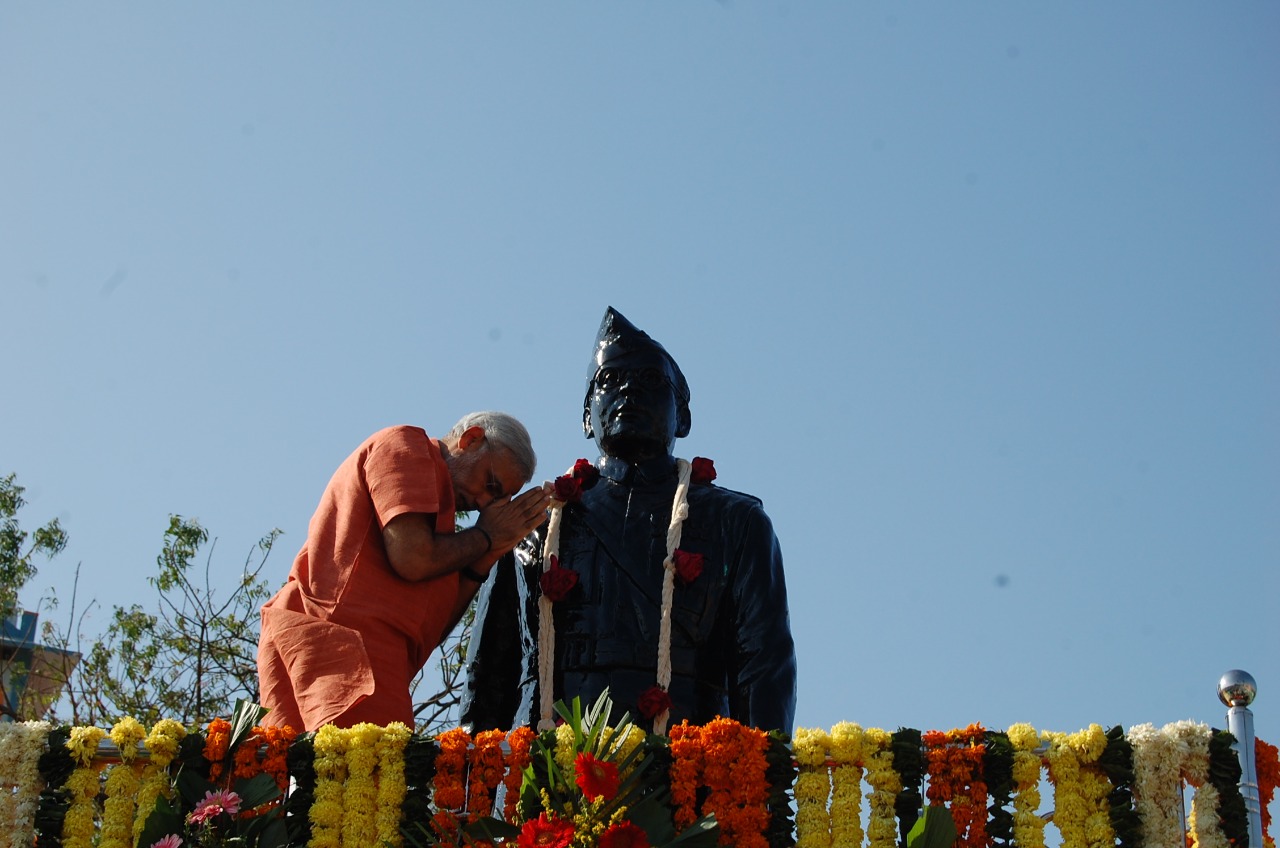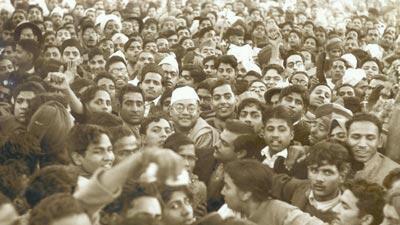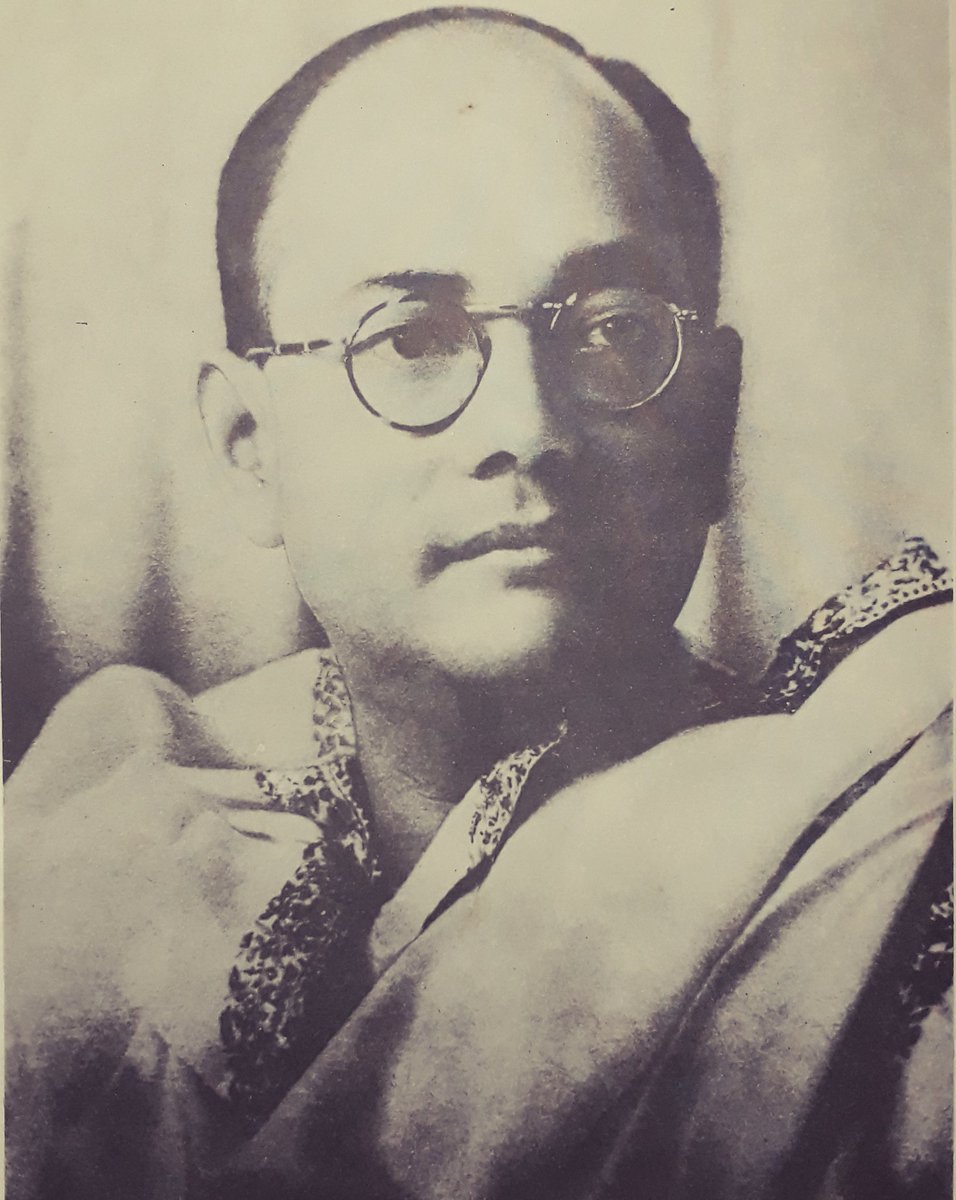
- Home
- India
- World
- Premium
- THE FEDERAL SPECIAL
- Analysis
- States
- Perspective
- Videos
- Sports
- Education
- Entertainment
- Elections
- Features
- Health
- Business
- Series
- In memoriam: Sheikh Mujibur Rahman
- Bishnoi's Men
- NEET TANGLE
- Economy Series
- Earth Day
- Kashmir’s Frozen Turbulence
- India@75
- The legend of Ramjanmabhoomi
- Liberalisation@30
- How to tame a dragon
- Celebrating biodiversity
- Farm Matters
- 50 days of solitude
- Bringing Migrants Home
- Budget 2020
- Jharkhand Votes
- The Federal Investigates
- The Federal Impact
- Vanishing Sand
- Gandhi @ 150
- Andhra Today
- Field report
- Operation Gulmarg
- Pandemic @1 Mn in India
- The Federal Year-End
- The Zero Year
- Science
- Brand studio
- Newsletter
- Elections 2024
- Events
- Home
- IndiaIndia
- World
- Analysis
- StatesStates
- PerspectivePerspective
- VideosVideos
- Sports
- Education
- Entertainment
- ElectionsElections
- Features
- Health
- BusinessBusiness
- Premium
- Loading...
Premium - Events

Appropriating Netaji: How deep is the political hypocrisy
The compulsion of electoral politics is such that those who swear by right wing Hindutva are today vying to appropriate the legacy of its biggest critic, Subhas Chandra Bose, ahead of the Assembly elections in West Bengal

On a muggy March day in 1940, a bunch of Hindu Mahasabha workers gathered in Calcutta to listen to Syama Prasad Mookerjee in the run-up to the Calcutta Corporation elections. The workers’ morale was not particularly high since Subhas Chandra Bose’s supporters had been interrupting the Mahasabha’s meetings and allegedly beating up candidates. Irked, Mookerjee decided to address that...
On a muggy March day in 1940, a bunch of Hindu Mahasabha workers gathered in Calcutta to listen to Syama Prasad Mookerjee in the run-up to the Calcutta Corporation elections.
The workers’ morale was not particularly high since Subhas Chandra Bose’s supporters had been interrupting the Mahasabha’s meetings and allegedly beating up candidates.
Irked, Mookerjee decided to address that meeting himself. The air was filled with much excitement. But as soon as Mookerjee got up to speak, a stone hit him on his head, and he began to bleed profusely.
The above incident narrated by Mookerjee’s close associate Bal Raj Madhok in his book, Portrait of a Martyr: A biography of Shyama Prasad Mookherjee, depicts the antagonism between the founder of Bharatiya Jana Sangh—which later metamorphosed into the Bharatiya Janata Party—and Bose.
But the compulsion of electoral politics is such that those who swear by Mookerjee are today vying to appropriate the legacy of his biggest critic, Subhas Chandra Bose, ahead of the Assembly elections in West Bengal.
Laying a claim
It is again the same compulsion that compels the overt and covert admirers of Nathuram Godse to put up a show of reverence for Mahatma Gandhi every Gandhi Jayanti on October 2.

This ideological flip-flop perhaps also played in his mind when renowned political scientist David Runciman argued in his book, Political Hypocrisy – The Mask of Power, from Hobbes to Orwell and Beyond that hypocrisy should be accepted as a fact of politics.
True to Runciman’s advice, the Indian electorate, instead of calling out such ideological discrepancies, appears to be cool about it, considering it as just another of the many contradictions of Indian politics.
More importantly, such ideological inconsistency is not the domain of any one particular political party, making Indian politics truly a melting pot in this regard.
If during the election season, the BJP scouts for suitable icons beyond the limit of its Hindutva influence, non-BJP parties, too, are often found flirting with the saffron party’s majority appeasement politics—something that has now attained political legitimacy as ‘soft Hindutva’.
Again, the Congress and many of its offshoots such as the Trinamool Congress in Bengal, find it difficult to counter the appropriation attempt by the BJP due to their own ideological deviations.
“Over the years we have reduced our national heroes and icons to symbols without substance. Without their ideological basis, these stalwarts are just another political prop that can be used by anyone to set their own narrative,” observes Nirmalya Banerjee, a Kolkata-based political commentator and author.
“The politics of appropriation becomes more intense, when the contesting parties in an election are not very sure about their footing,” says Banerjee, citing the example of current Bengal politics.
Bengal, Bard and Bose
In poll-bound Bengal, the ruling TMC and its principal challenger, the BJP, are locked in a bitter fight over the legacies of Bengal’s icons.
Last month, West Bengal Chief Minister and Trinamool Congress chief Mamata Banerjee marched on the streets of Bolpur carrying a portrait of Nobel Laureate Rabindranath Tagore.
The four-kilometre padayatra at the city, which is home to Tagore’s Santiniketan, an abode of peace, was her answer to the roadshow senior BJP leader and Union Home Minister Amit Shah held in the city 10 days before in an alleged attempt to usurp the bard’s legacy.
On January 12, leaders of the BJP and the TMC thronged Swami Vivekananda’s ancestral home in north Kolkata to mark his 158th birth anniversary.
The two parties also organised competitive marches to commemorate the day.
After Tagore and Vivekananda, the parties are now vying with each other to portray their concern for Subhas Bose’s legacy by befittingly commemorating his 125th birth anniversary.

Vying for a legacy
The competition over the legacy even led to a tiff between the Centre and the state government. The Centre has decided to celebrate the day as ‘Parakram Diwas’, whereas the state government insists that a befitting tribute can be paid to the icon by commemorating the occasion as ‘Desh Prem Diwas.’
Those who say what’s in a name be damned.
The Centre has even renamed Howrah-Kalka Mail as ‘Netaji Express’ as a tribute to the freedom fighter.
“Indian Railways is happy to announce the naming of 12311/12312 Howrah-Kalka Express as “Netaji Express”. Netaji’s parakram (valour) had put India on the express route of freedom and development,” the railway ministry said in a statement.
Prime Minister Narendra Modi will also address ‘Parakram Diwas’ celebrations in Kolkata on January 23 and will inaugurate an exhibition on Netaji at the National Library to mark the occasion.
The TMC, however, says the Centre’s announcement is not enough and demanded that Netaji’s birthday be declared a national holiday and that the Union government declassify all files related to him just as the state government had done in 2015.
The chief minister will also lead a procession in Kolkata to observe the day.
“There is nothing immoral about appropriating the legacy of any particular icon. After all our icons are not any individual properties. They belong to the nation,” says Dr Anusua Roy Choudhury, a professor at Kolkata’s Rammohan College.
“The immorality, though, is in claiming the inheritance of a legacy without believing in its core principles,” she added.
Clash with Hindu Mahasabha
During his lifetime Bose was the biggest threat to Hindu religious majoritarianism even though in his private life he was deeply religious and was actively involved in organising Durga Puja.
Syama Prasad Mookerjee himself wrote in his diary that when he had joined the Hindu Mahasabha, Bose told him that if he intended to build the Mahasabha into a political body in Bengal, he (Bose) would “see to it, by force if need be, that it was broken before it was really born”.
Bose always categorised Hindu Mahasabha and Muslim League as communal organisations. “That was a long time ago when prominent leaders of the Congress could be members of communal organisations like the Hindu Mahasabha and Muslim League. But in recent times, the circumstances have changed. These communal organisations have become more communal than before. As a reaction to this, the Indian National Congress has put into its constitution a clause to the effect that no member of a communal organisation like Hindu Mahasabha and Muslim League can be a member of an elective committee of Congress,” Bose wrote in an editorial in Forward Bloc Weekly on May 4, 1940.
In another editorial in March that year, he had accused the Mahasabha of colluding with the British in the Calcutta Municipal Election.
“… the tactics employed by some Hindu Mahasabha leaders … have caused us pain and sorrow. The Hindu Mahasabha did not fight a clean fight … (Their) candidates included men who had tried their level best to break the Congress Municipal Association and to that end had formed the United Party in the Corporation in co-operation with British and nominated groups of councillors. Some of them have been re-elected and one could easily anticipate how they would behave in future,” Bose wrote. (Source: Subhas Chandra Bose- Alternative Leadership, The: Speeches, Articles, Statements and Letters June 1939–1941).

As Congress president in 1938-39, Bose had barred the members of the Mahasabha and Muslim League from joining the Congress (the grand old party at the time allowed dual membership).
Even the Mahasabha had a great disliking for Bose. When Bose was trying to march into India with his Indian National Army (INA) with the help of the Japanese, the Mahasabha sided with the British.
“Again it must be noted that Japan’s entry into the war has exposed us directly and immediately to the attack by Britain’s enemies… Hindu Mahasabhaits must, therefore, ruse Hindus especially in the provinces of Bengal and Assam as effectively as possible to enter the military forces of all arms without losing a single minute,” appealed Mahasabha leader Vinayak Damodar Savarkar, addressing the 23rd session of the Mahasabha at Bhagalpur in 1941. (Hindu Rashtra Darshan by V D Savarkar, page 105)
A year after Savarkar’s call to Hindus to join the British army, Bose appealed to the Mahasabha and the League to change their pro-British stance.
“I would request Mr Jinnah, Mr Savarkar, and all those leaders who still think of a compromise with the British, to realise once for all that in the world of tomorrow, there will be no British Empire. All those individuals, groups or parties who now participate in the fight for freedom will have an honoured place in the India of tomorrow… The supporters of British imperialism will naturally become non-entities in a free India…,” he wrote.
However, after Independence, when Hindu right-wing organisations were indeed reduced to political non-entities, they started projecting Bose as one of their own.
Savarkar in 1952 even made the claim that it was he who had suggested to Bose to sneak out of India to seek help from Germany and raise the army with Indian prisoners of war.
Lack of credible faces
Lacking icons of their own, the Hindu right-wingers found in Subhas Chandra Bose a cult figure who could be pitted against the towering leaders of the Congress.
To show how badly the Congress leadership treated Bose, a fake letter purportedly written by Jawaharlal Nehru to Clement Attlee referring to Bose as ‘your war criminal’ was circulated on social media by right-wing propagandists a few years ago, coinciding with the declassification of a select Netaji files by the Modi government.
Bose was also against provincialism as much as he was against communalism and he would have surely disapproved the Bengali regionalism card the TMC is playing with his legacy to counter the BJP.
Subhas knew no “provincialism nor communal differences and had in his brave army men and women drawn from all over India without distinction and evoked affection and loyalty, which very few have been able to evoke,” Gandhi observed on the occasion of Bose’s birthday on January 23, 1948, just days before the Mahatma was assassinated by Godse.
“If our political parties and leaders are really interested in promoting the legacy of Netaji, then they should first give up all kinds of divisiveness,” says professor Roy Choudhury.
Well, it’s a tall ask.
